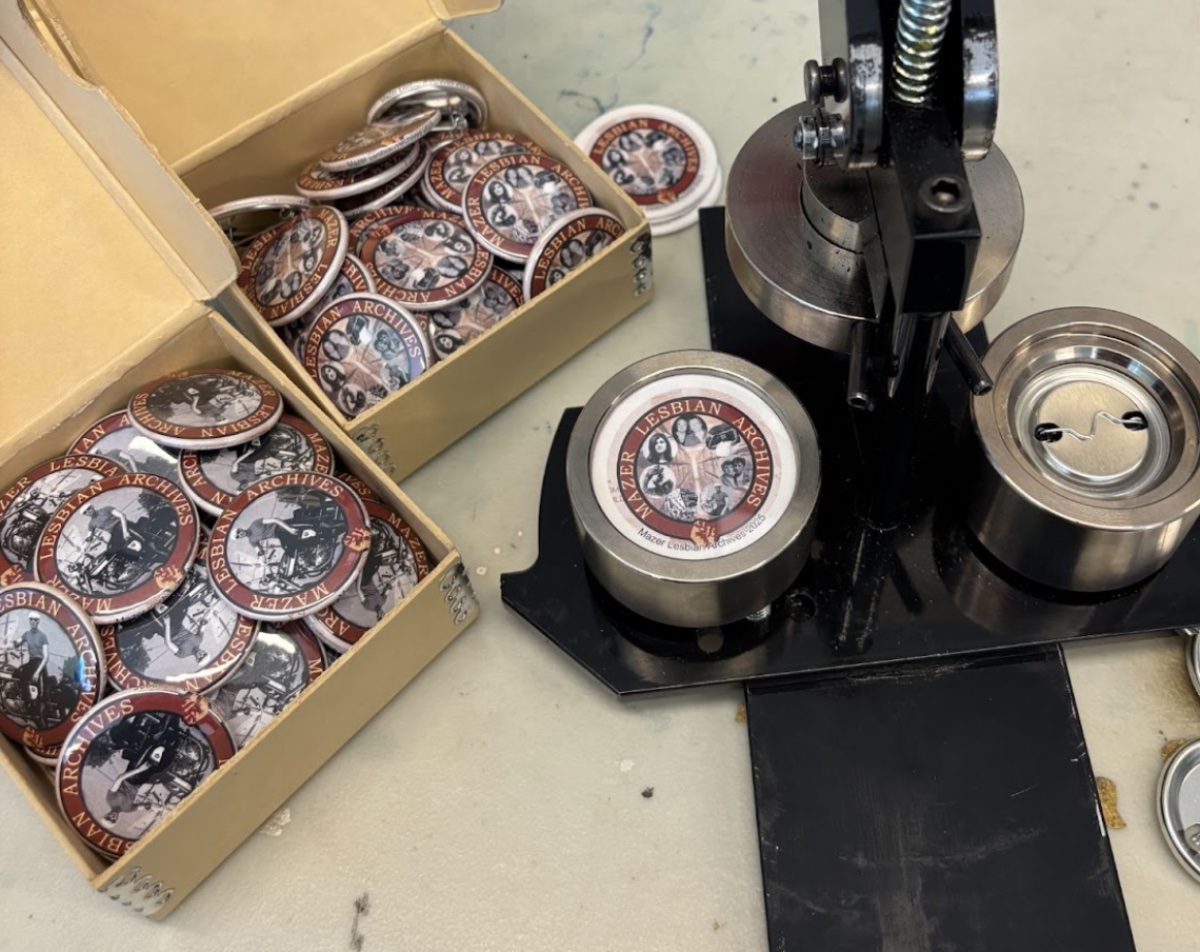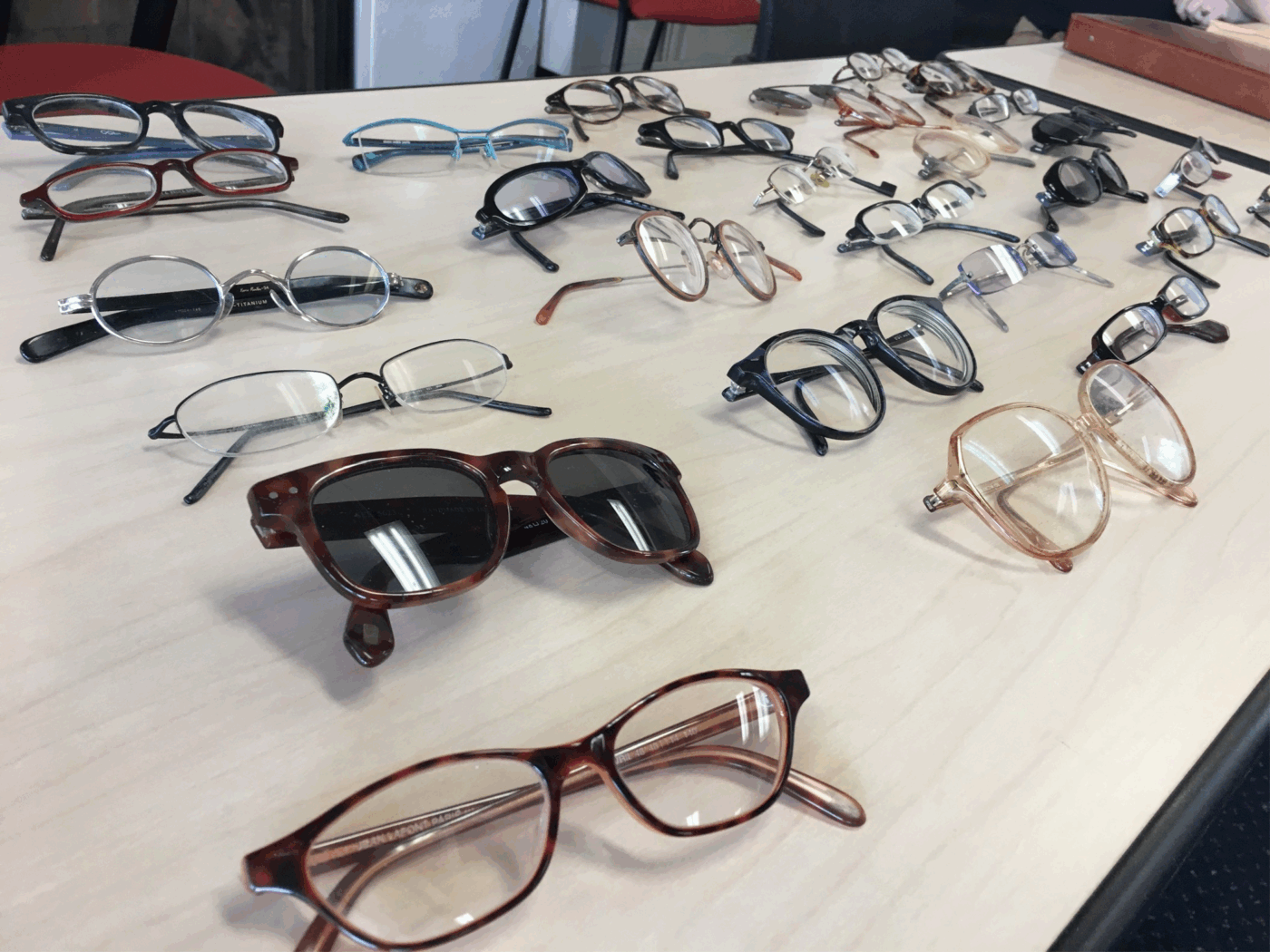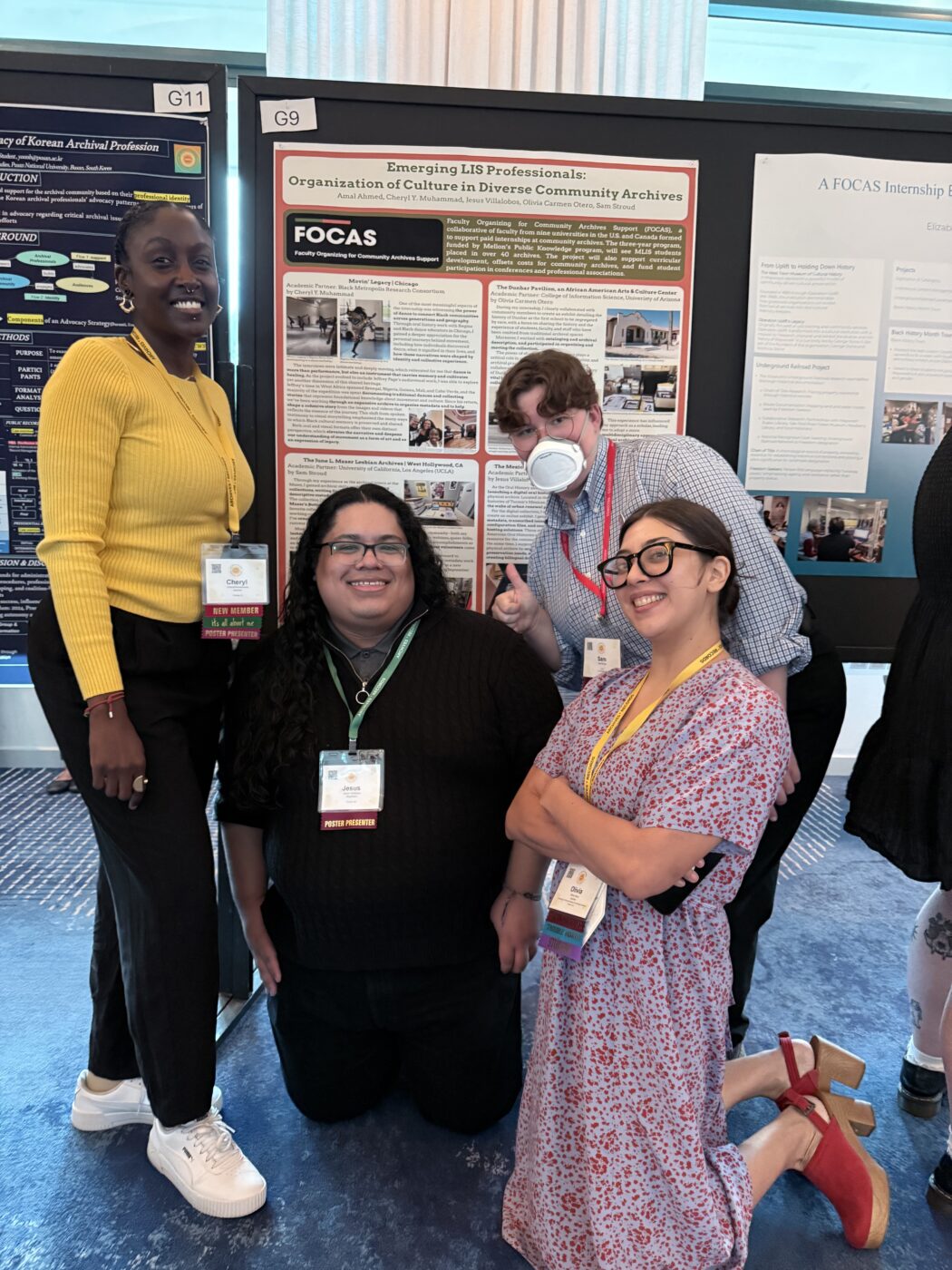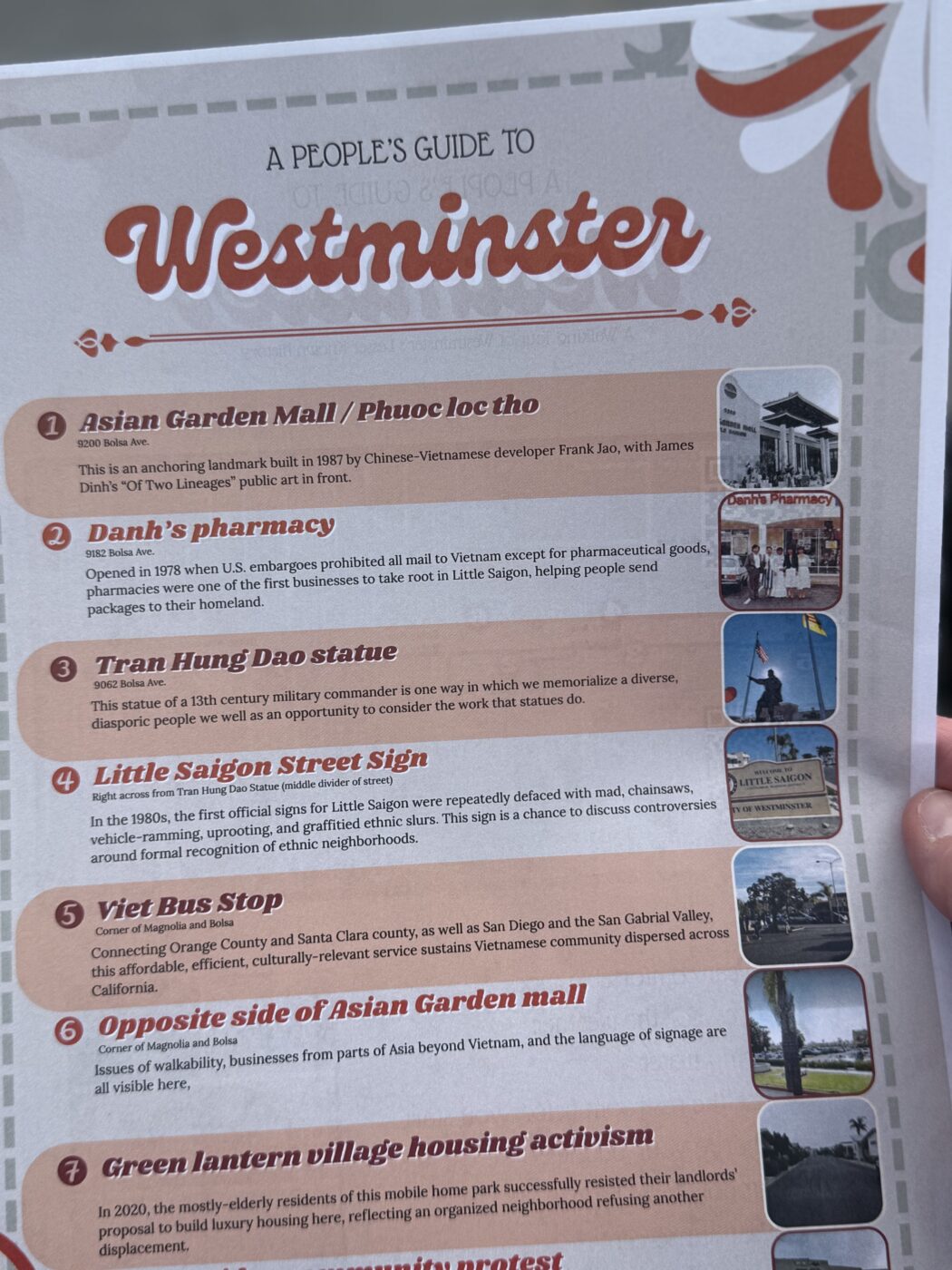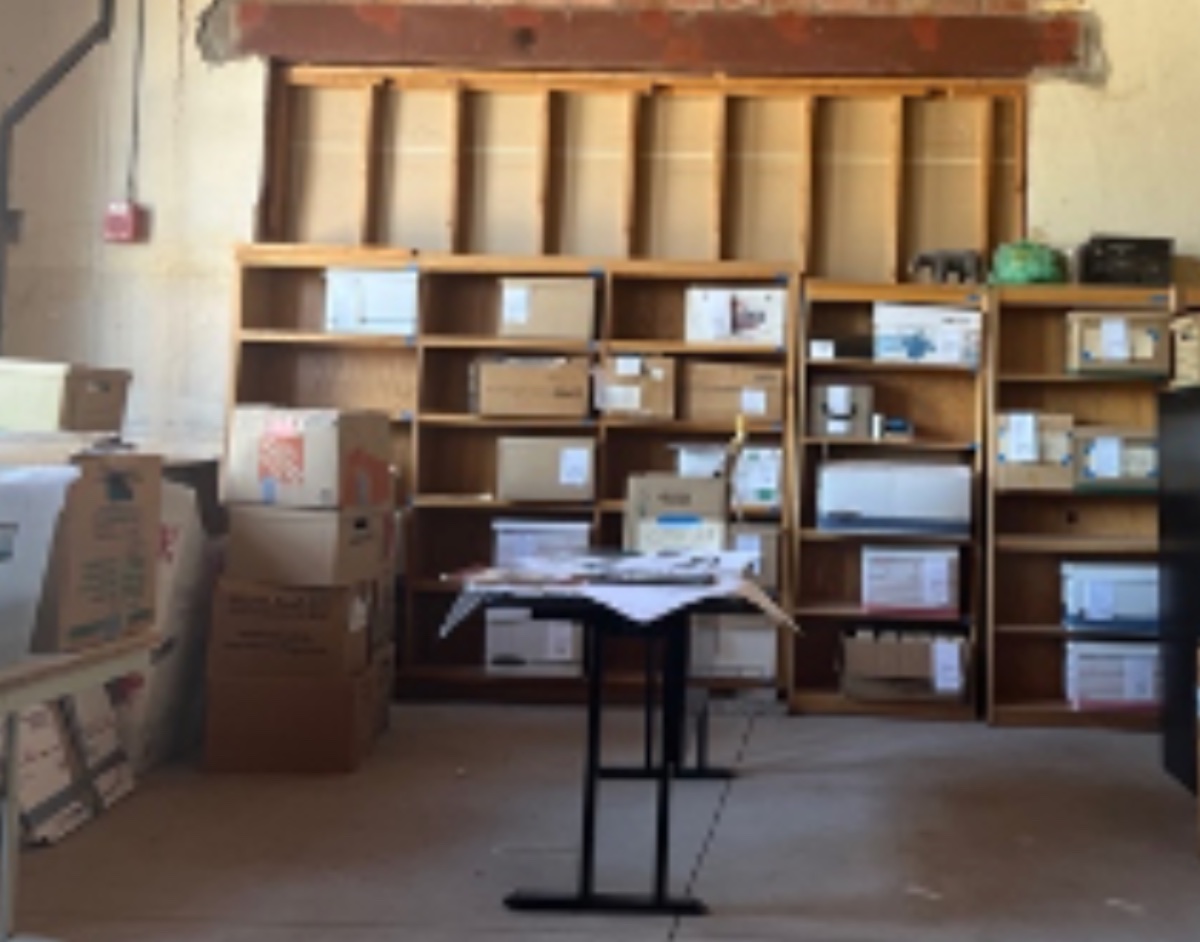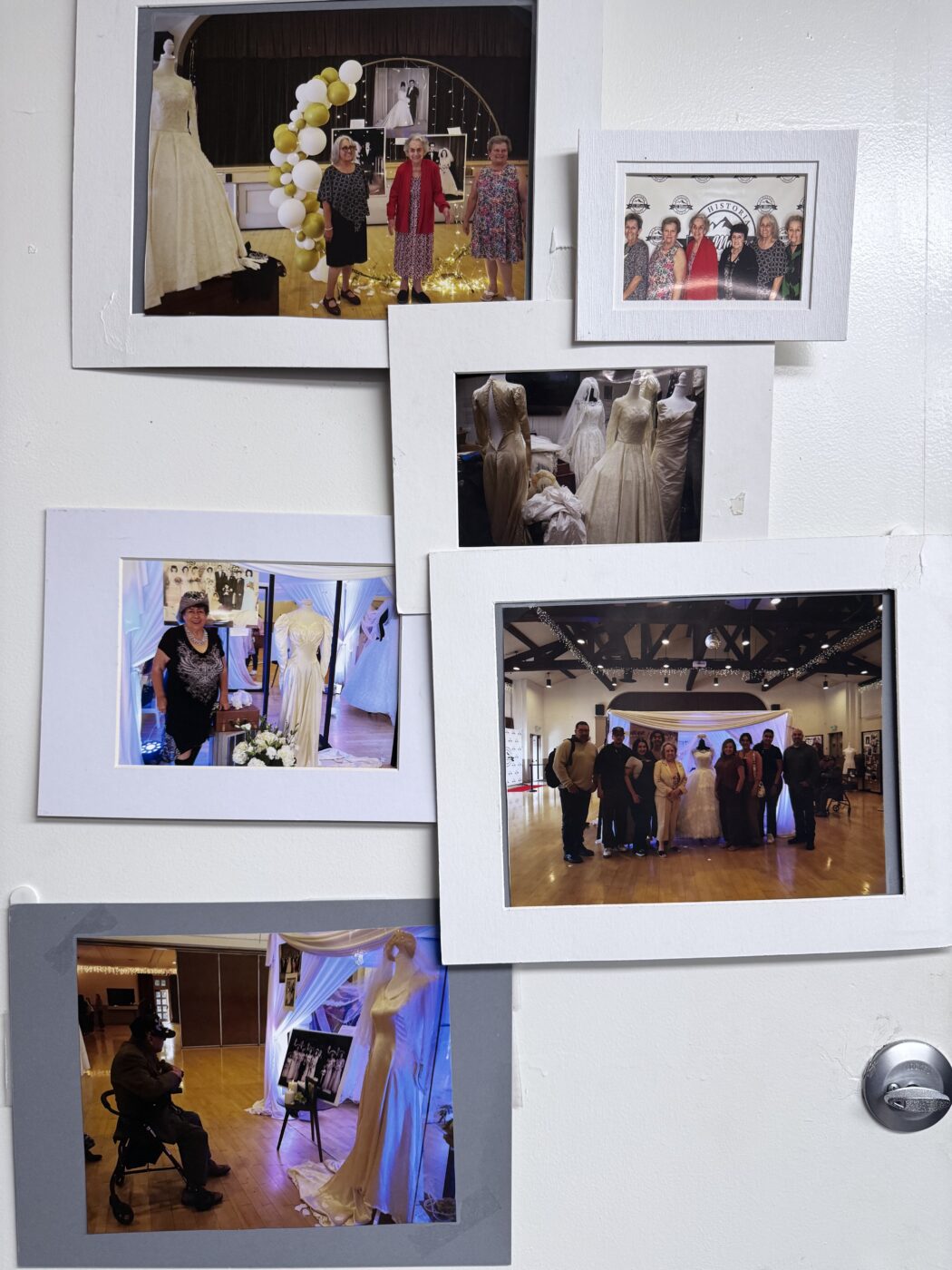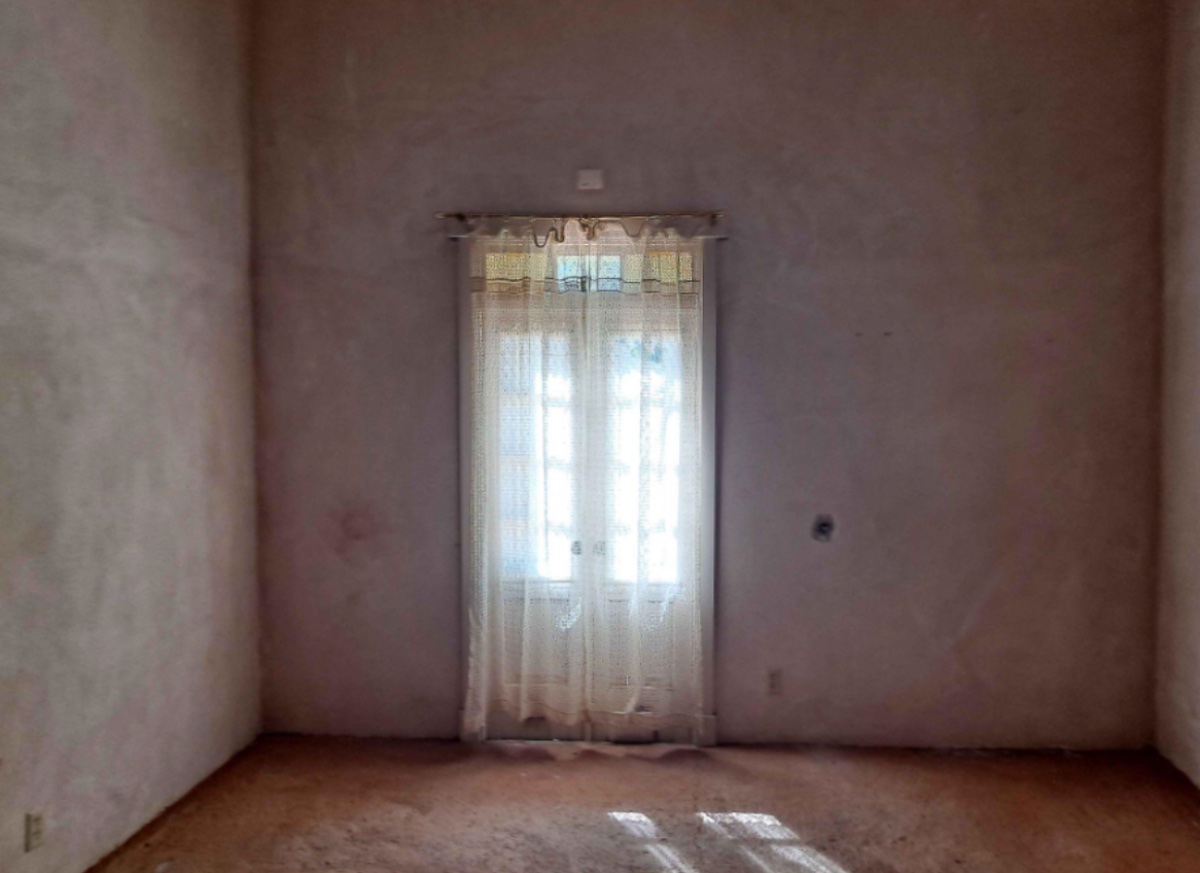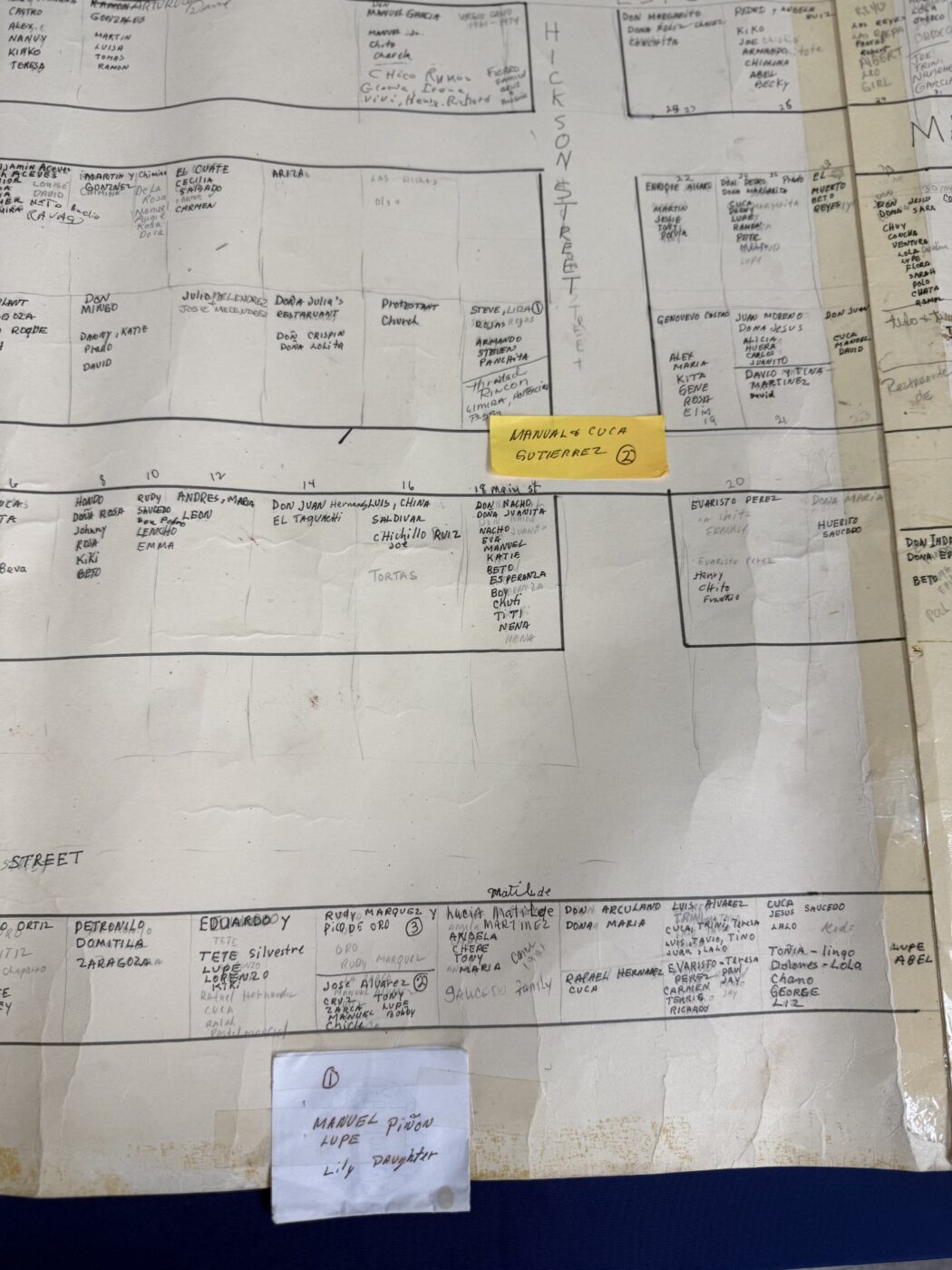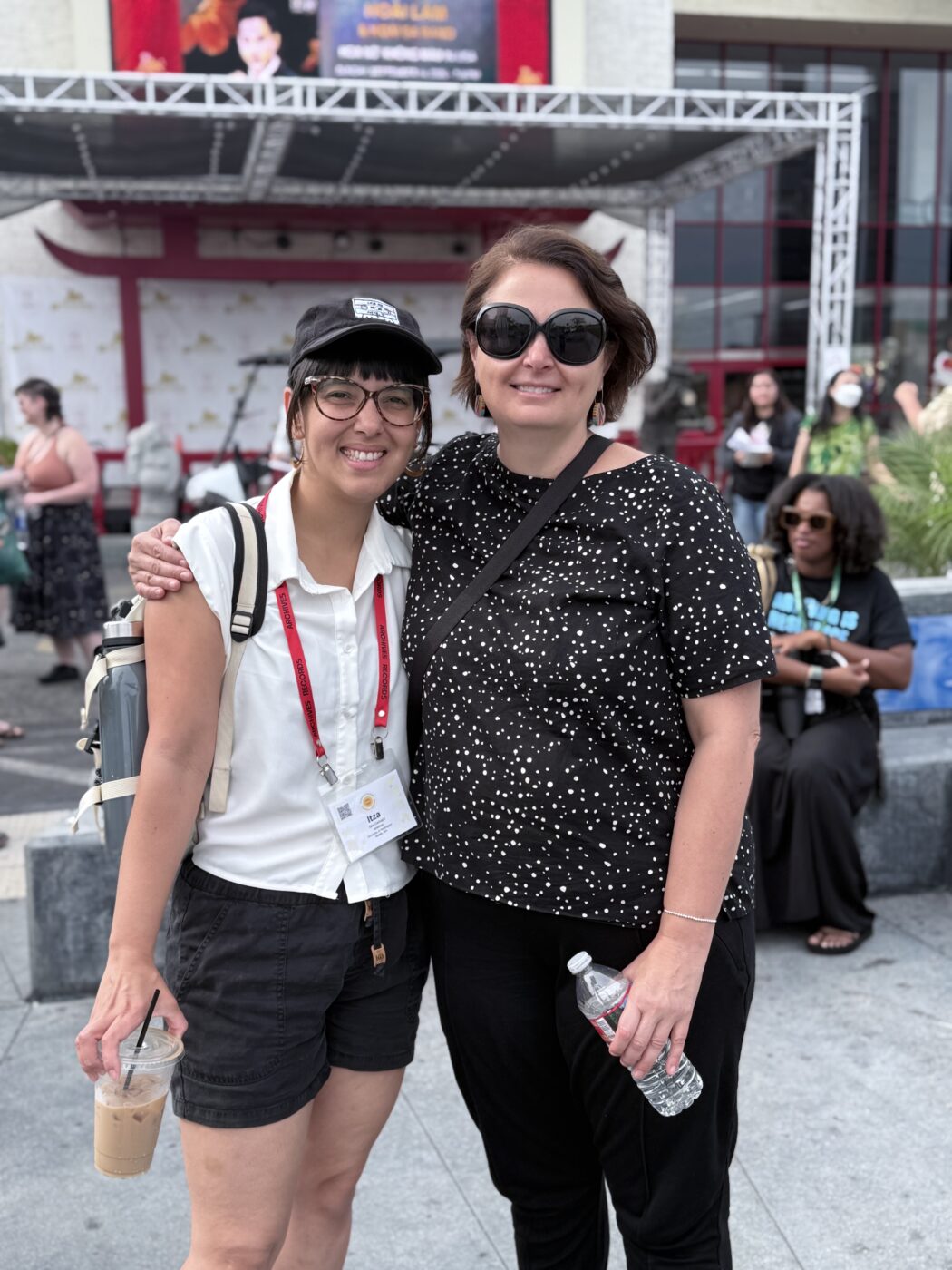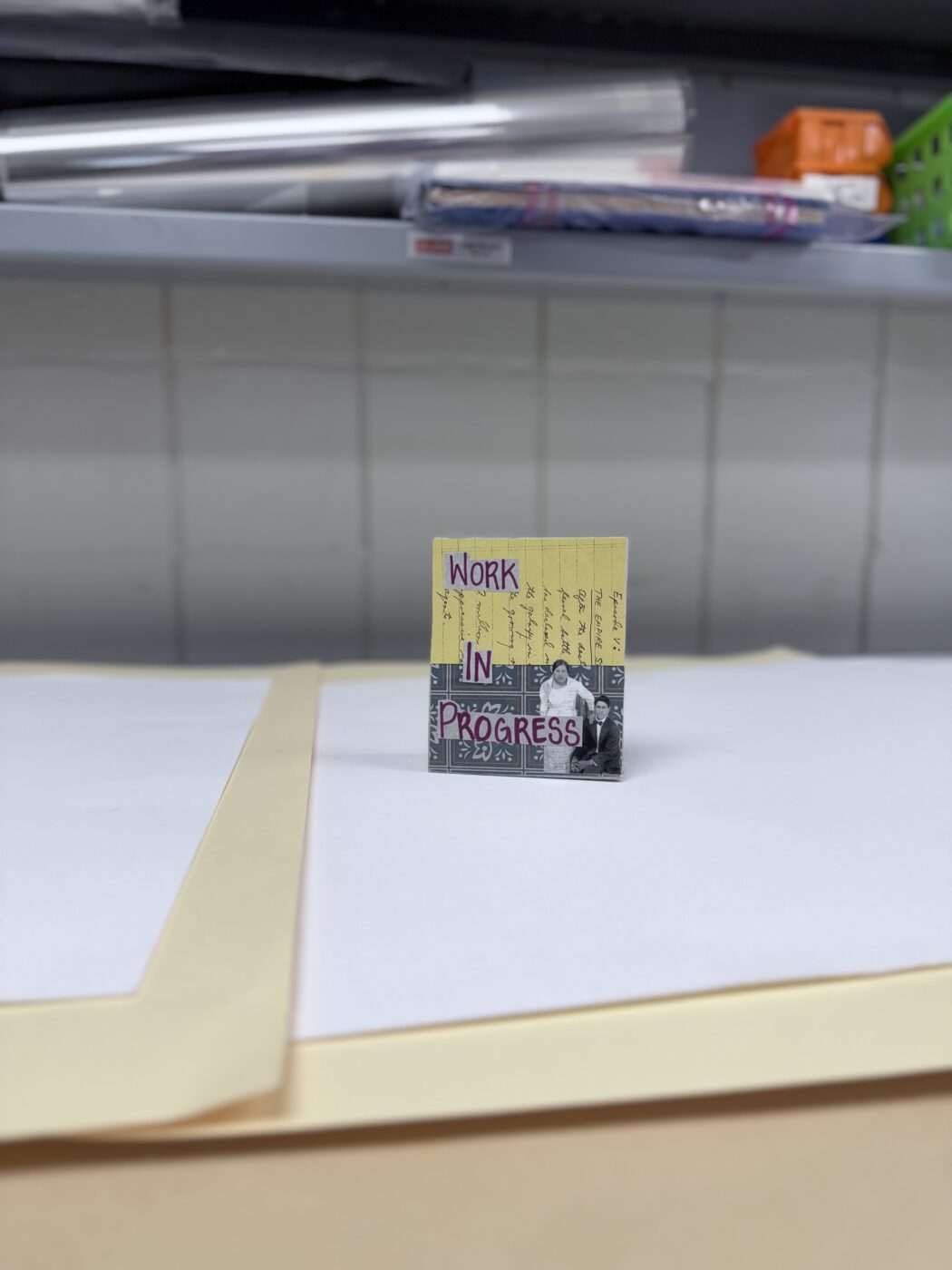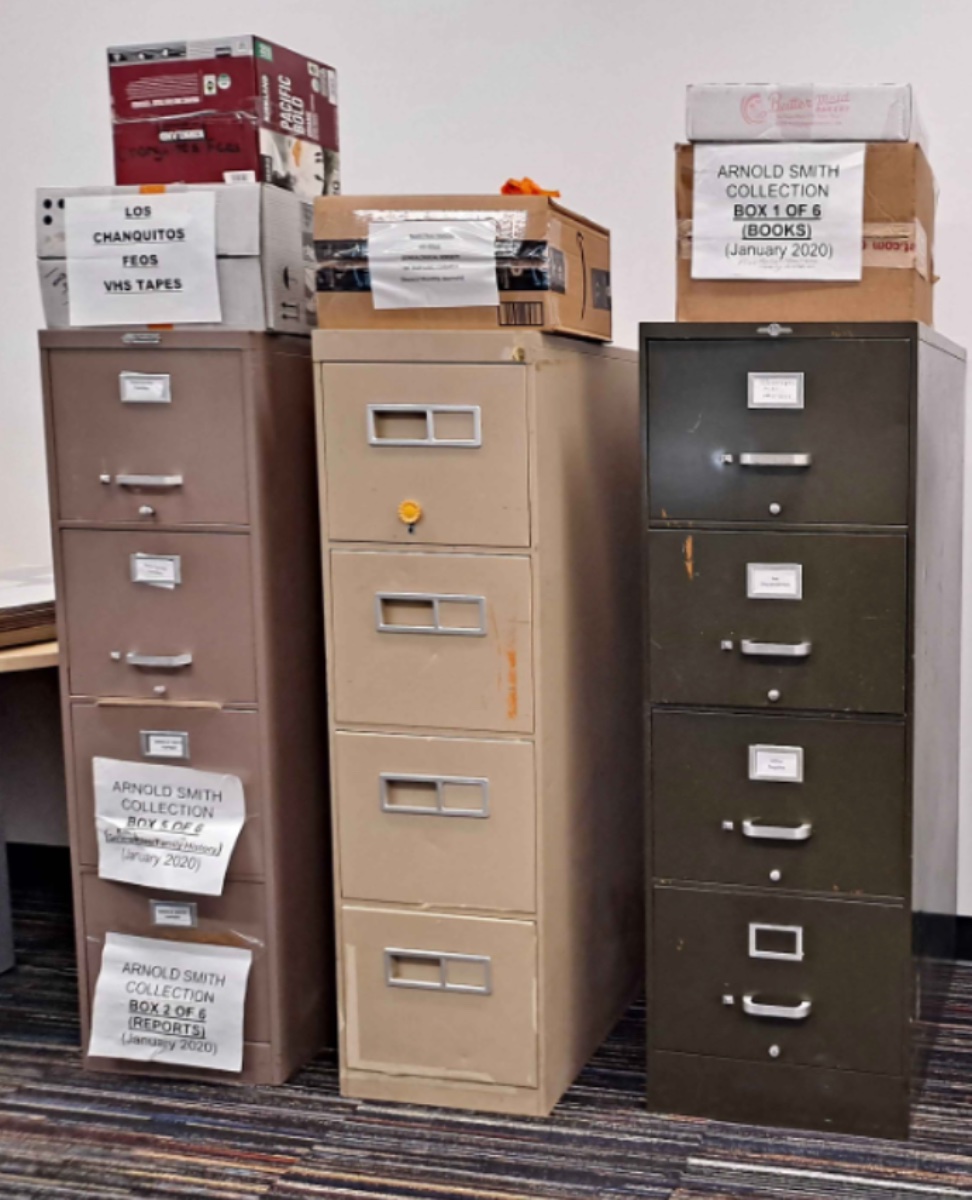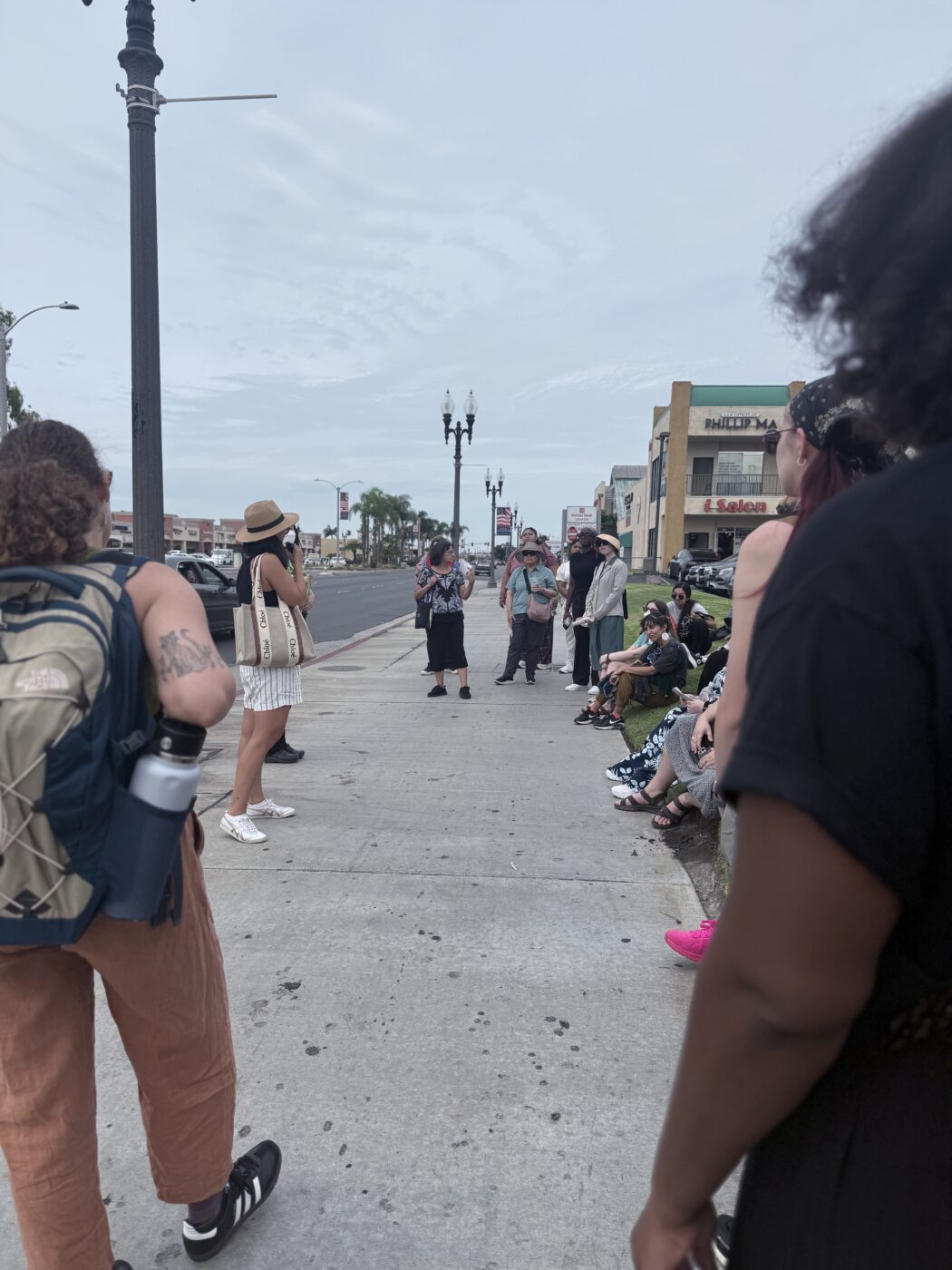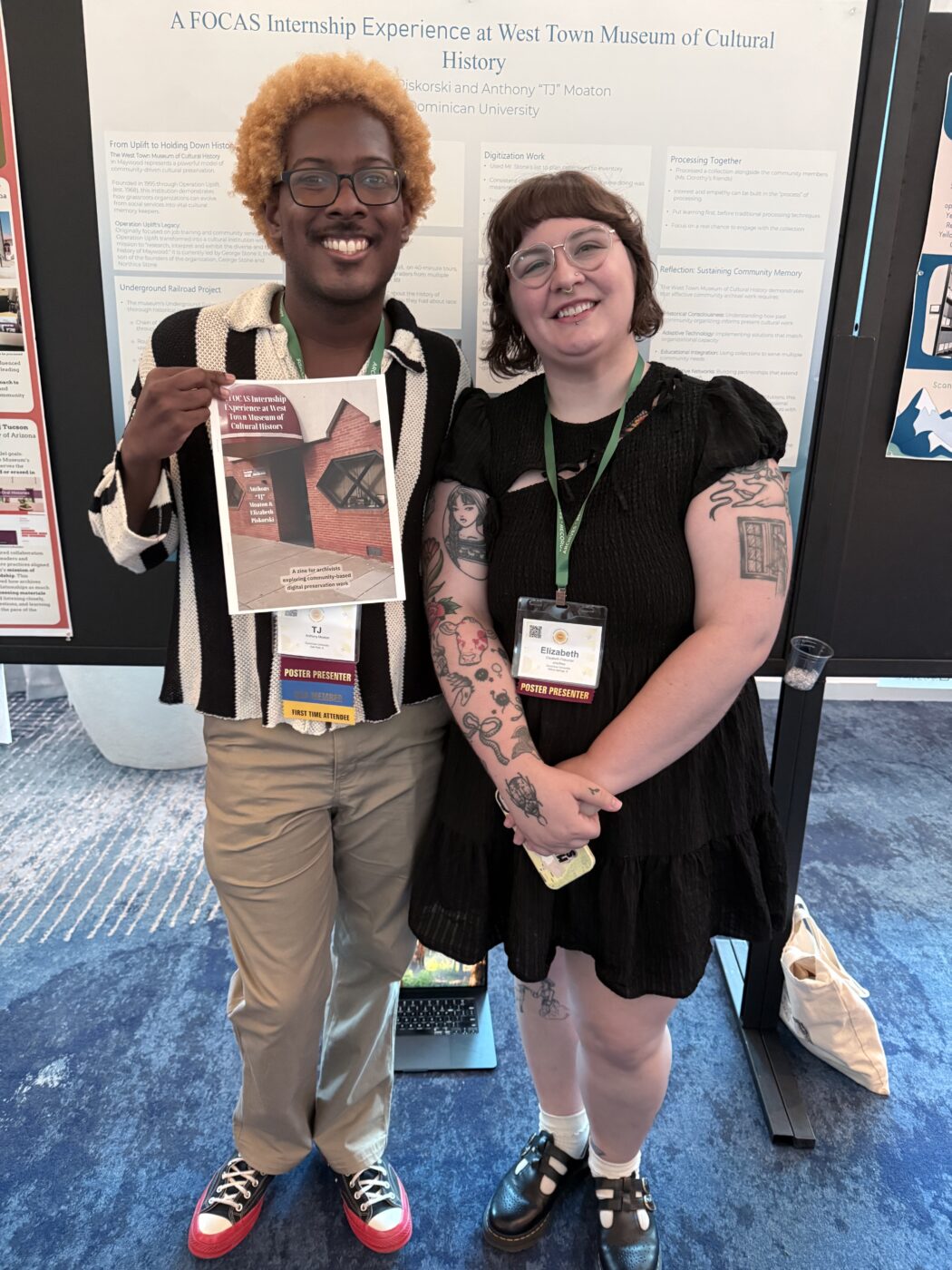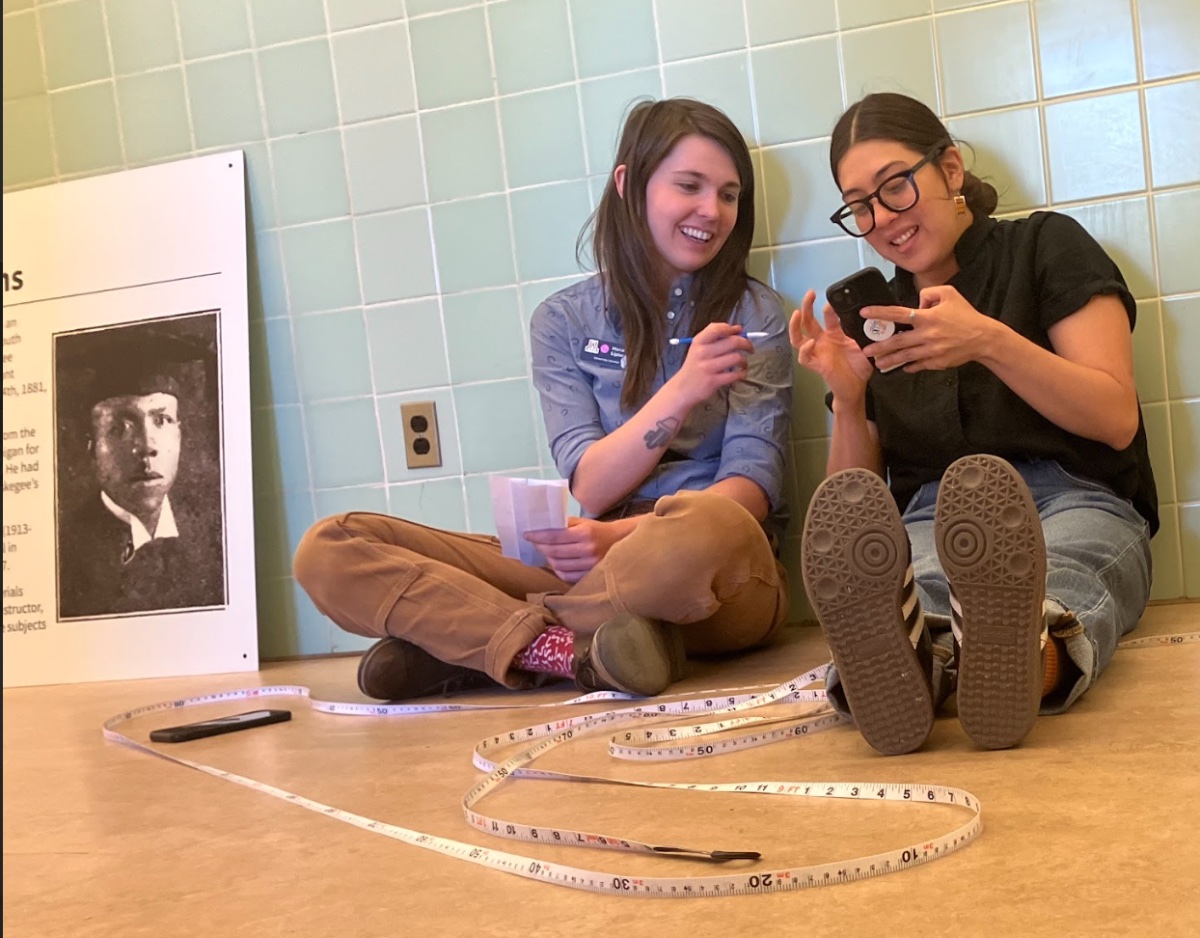By Riona Tsai, June 2025, FOCAS Intern, 24-25, UCLA
In 2021, I began working as an intern at the Chinese Historical Society of Southern California (CHSSC). At this time, I was an undergraduate student at UC Riverside. I began my internship doing research on City Market Chinatown as a part of the Five Chinatowns Project for my history major and worked on various other projects as a research intern. Now as an archival intern at CHSSC, I get to work hands-on with processing their physical and digital archival collections.
As an archival intern, I’ve worked on many different types of projects, but I have been focusing on processing collections to ensure accessibility to these archival collections for users during my time here. In my first few months, I mostly worked on helping the community archivist at CHSSC process physical collections since I had never fully processed a collection by myself before. Once I got more comfortable with the process, I began processing collections by myself. I have fully processed a few collections, starting from arrangement, description, and creating and uploading finding aids into Online Archive of California (OAC).
At the same time, I have been working on implementing the Oral History Metadata Synchronizer (OHMS) into CHSSC’s digital oral history collections. OHMS is a software created by the Louie B. Nunn Center for Oral History at the University of Kentucky Libraries that enhances accessibility to oral history interviews through word-search level capability, time-correlated transcripts, interview indexes, and much more. Starting with CHSSC’s Duty and Honor Collection, I have been figuring out how to use OHMS and creating a workflow for future use with the rest of their oral history collections.
I have had the opportunity to work with many types of archival materials at CHSSC. There are even some materials that CHSSC doesn’t have policies for processing yet, thus, the archives team and I have to do research and figure out how to establish the archives’ procedures with certain types of materials. An example would be in the first collection I fully processed myself, Chinese American Restaurants in Los Angeles Menu Collection, which contained a few matchbooks from LA Chinatown restaurants with live matches in it. We had some trouble with that since none of us on the archives team had any experience archiving matchbooks at all. We eventually had to buy a specific type of box to keep them in, but it took us a while to figure that out.
Overall, I’ve been able to work on an amazing variety of archival projects here. My experiences at CHSSC have been incredibly valuable to me, and I am incredibly proud to be a part of preserving these histories.
